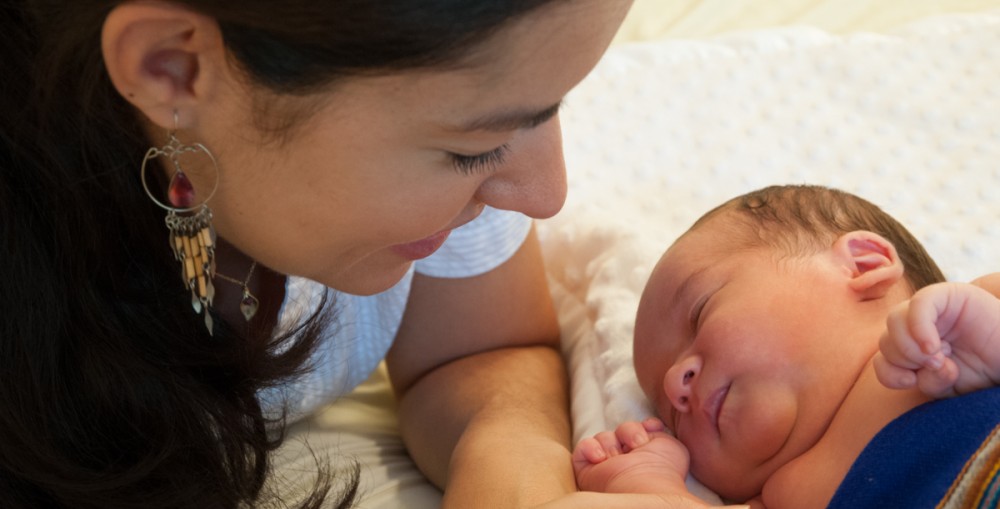Raine’s presentation on illicit drug use and alcohol consumption during pregnancy intrigued me a great deal. However, I left the class wondering about the relationship between over-the-counter medications and pregnancy. Thus, I perused the literature and the internet to learn about various medications’ effects on the fetus.
As Raine explained, the mother passes chemicals to the fetus through the placenta. Therefore, some medications that may benefit a mother’s ailment has the potential to harm the fetus. As a result, the U.S. Food and Drug Administration has developed a system for categorizing medications based on their potential to cause birth defects to the fetus. As a way to filter the information for pregnant women, various sources have posted lists of “safe” medications to consume during pregnancy. The first link contains a table of such medications. For example, the website states that acetaminophen (Tylenol), guaifenesin (Mucinex), and loratadine (Claritin) pose low risk to the fetus. Unfortunately, however, these websites may misguide pregnant women. According to the study in the second link, sufficient evidence and research on the medications’ harmless effects on the fetus does not exist. Therefore, the “safe medication lists” mislead women to believe that an increase in risk for birth defects will not occur. Furthermore, as shown in the third link, the Centers for Disease Control and Prevention also report that sufficient information on the relationship between medication consumption and birth defects does not exist, stemming from the lack of studies including pregnant women to test the safety of the medications. Thus, various credible sources criticize the “safe medication” lists floating around the internet.
The idea of internet sources or media misleading pregnant women reminded me of Raine’s discussion about the Cosmopolitan article that promoted alcohol consumption during pregnancy. As we discussed in class, a woman may read that article without further investigation and assume that she can consume alcohol during pregnancy. The same situation may occur with these “safe medication lists”, for women may not conduct additional research or read the fine print that explains that the over-the-counter medications on the lists may actually increase the risk of birth defects.
http://www.babycenter.com/0_chart-over-the-counter-medications-during-pregnancy_1486462.bc
http://onlinelibrary.wiley.com/doi/10.1002/pds.3410/abstract
